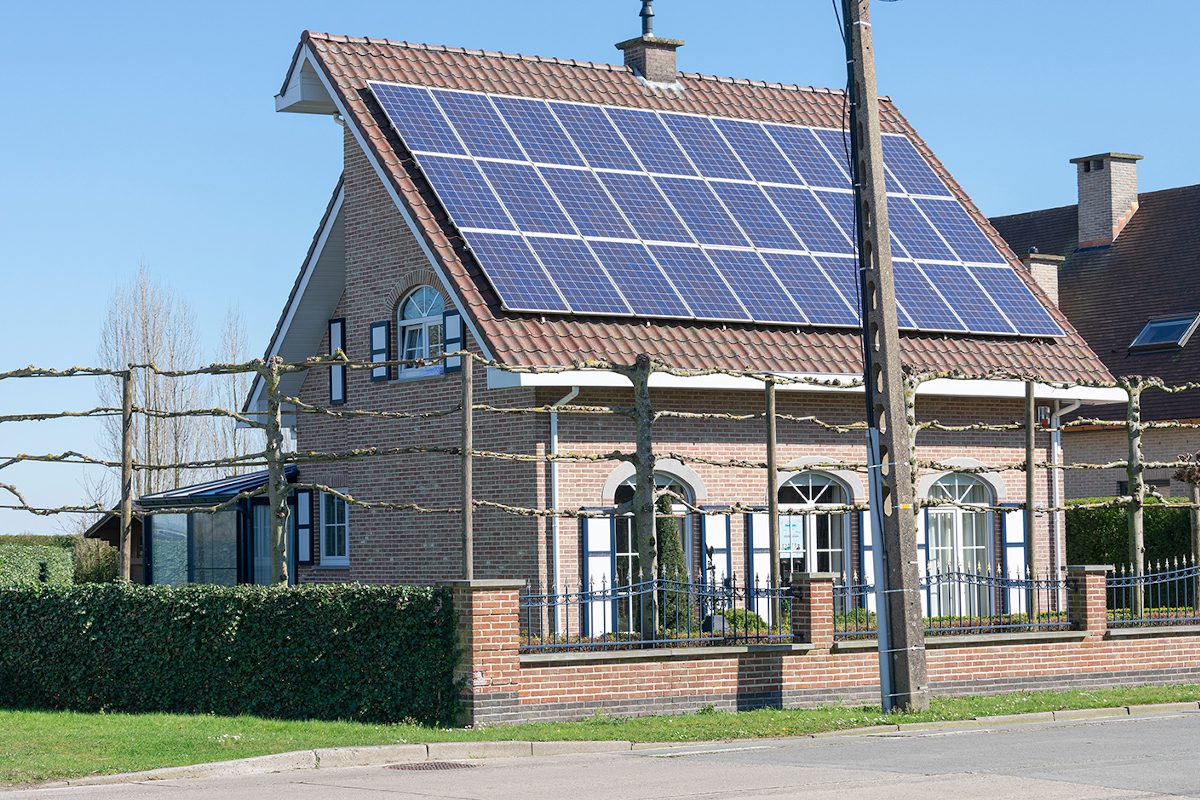
Mass adoption of solar, battery storage and intelligent controls would improve grid resilience, cut carbon and reduce energy bills
New research undertaken by Loughborough University in partnership with the Solar Trade Association and Advance Further Energy appears to reveal significant positive impacts from smart energy technologies in the home, including carbon reductions, energy bill savings, and improved system resilience.
Chris Hewett, Chief Executive of the STA said: “We now have an opportunity to make our homes active contributors of the flexibility needed to maximise the potential of renewables, rather than simply passive consumers of electricity. The evidence is here – deploying smart energy technologies across the country not only cuts carbon and helps households save on their energy bills, but can actively minimise spikes in electricity demand which place the grid under intense stress. It is not simply the homeowner who stands to benefit from solar and energy storage, but everyone.”
The report examines both the individual household benefits of installing smart energy technologies, and the contribution they can make to the whole electricity system, when scaled-up across a portfolio of 4.4 million homes.
Equipping this number of homes with solar, battery storage and intelligent controls to manage electricity use can provide enough rapid flexible power to flatten spikes in demand, helping to balance the electricity system without the need for costly reinforcements. Such homes can also more than halve carbon emissions and energy bills too.
Dr Philip Leicester, Research Fellow at the Centre for Renewable Energy Systems Technology (CREST) at Loughborough University said: “This report demonstrates the impact that detailed modelling and simulation research can have on the development of sound, evidence-based policy and investment decision making. Our work shows that domestic PV in combination with electrical energy storage offers significant benefits in addition to higher household PV self-consumption. These include system flexibility services, such as management of year-round peak electricity system demand”
Dr Andrew Crossland, Director of Advance Future Energy said: “The decarbonisation of our homes represents a key pillar of a more sustainable, more resilient and more affordable energy system. We hope that this flagship report also shows how simple policy changes can accelerate the transition to the smart power system we all want to see.”
The report was sponsored by MCS Charitable Foundation and Larkfleet Smart Homes.
Adrian Ramsay, CEO of MCS Charitable Foundation, said “It is clear that combining solar PV, battery storage and smart control systems has the potential to dramatically reduce consumption at peak demand times, benefitting households, society and the environment. With growing pressure on Government to ensure a green recovery, the recommendations in this report provide timely and practical steps that can be taken to make our homes greener and more resilient.”
Karl Hicks, Chair of Larkfleet Group said: “The future demands we look again at our energy system, including how and where we consume and generate our energy. Clearly, generation ought to happen closer to the point of consumption, to allow the wider network to cope with accelerating demand for cleaner electricity. This report highlights the important role that smart homes can play in supporting decarbonisation and the transition to a smarter, flexible grid.”







